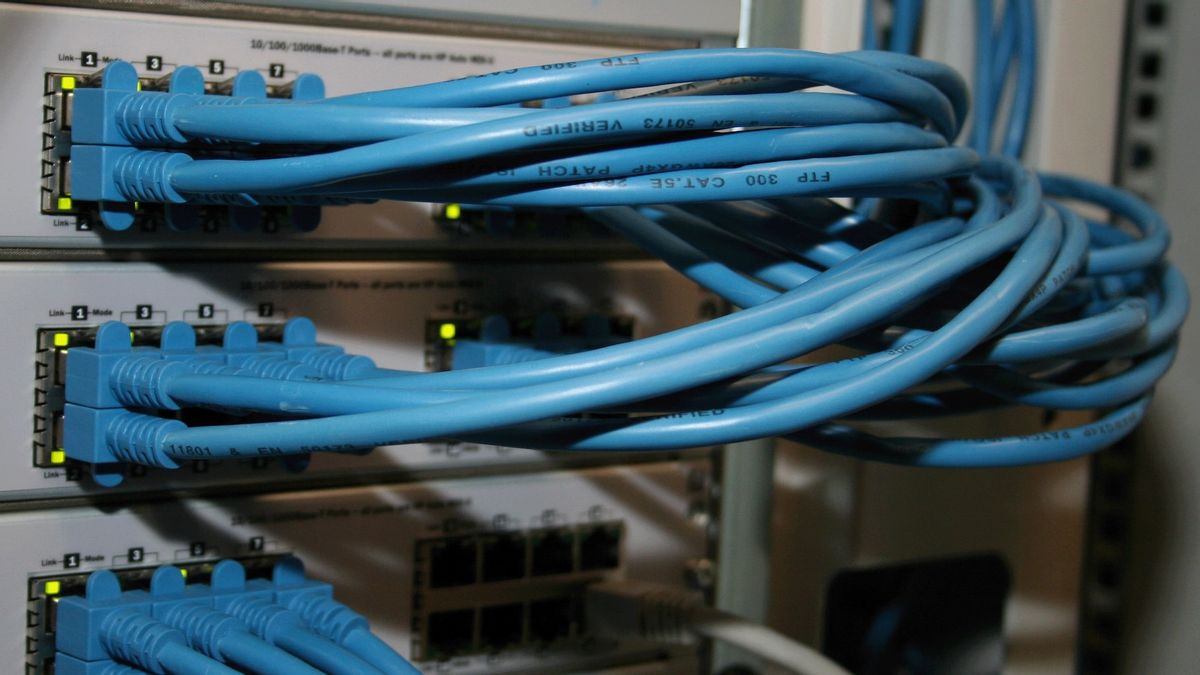JAKARTA - Reliable electrical installation is the main foundation for safety and comfort in houses or buildings. One of the crucial components in the electrical installation is cable.
Choosing the right cables is very important to ensure electricity runs smoothly and safely. Here are some tips for choosing a good cable for electrical installation:
1. Understand Your Types Of Electricity Needs
Before choosing a cable, first identify your type of electrical needs. Some homes may require cables for large power, while others may need flexible cables for more complicated installations. Make sure to understand the desired electrical load before deciding the type of cable to use.
2. Select the Right Type of Cable
There are various types of cables available, such as low voltage cables, medium voltage cables, and high voltage cables. Make sure to choose the type of cable that suits your project's electricity voltage needs. Always refer to technical specifications and manufacturer recommendations.
3. Pay attention to Cable Materials
cable materials greatly affect performance and durability. Cables are generally made of copper or aluminum. Copper is a better choice because it has better conductivity than aluminum.
Quoted from madeginer.com, make sure to check the isolation layer generally made of materials such as PVC (Polyvinyl Chloride) or XLPE (Cross-Linked Polyethylene) which is resistant to heat and corrosion.
4. Consider Cable Size
The size of the cable, or the diameter of the cable, is directly related to the capacity of the current that can be handled. The larger the diameter of the cable, the greater the current capacity. Make sure to choose the size of the cable that suits the required electricity load in order to avoid excess heat and potential fire risk.
5. Check Certification and Safety Standards
Make sure the cable you choose meets applicable safety standards and has been certified by the authorized agency. Certifications such as SNI (Indonesian National Standard), UL (Underwriters Laboratories), or IEC (International Electronic Commission) show that the cable has been tested and meets safety requirements.
6. Pay attention to Environmental Conditions
If the electrical installation will be in a harsh environment, such as outdoors or in places prone to corrosion, make sure to choose a cable that is resistant to the environmental conditions. Some cables are specially designed to withstand bad weather, UV light, or humidity.
7. Consult with Electric Professionals
If you're not sure you're choosing the right cable, consult with an electric professional. They can provide guidance based on project specific needs and ensure the safety and reliability of electrical installations.
By paying attention to the factors above, you can choose the right cable for your electrical installation. Safety and good electrical performance not only depend on selected electrical equipment, but also on the quality of the cable that supports it.
The English, Chinese, Japanese, Arabic, and French versions are automatically generated by the AI. So there may still be inaccuracies in translating, please always see Indonesian as our main language. (system supported by DigitalSiber.id)













